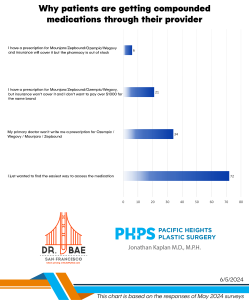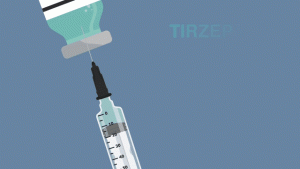
While I always felt that collagen supplements in the form of pills or tablets were degraded by stomach acid and didn’t work, there’s really more to the story. You can find an overview of the great “do collagen supplements work” debate here. Or you can read the synopsis below.
One thing we know is that collagen does degrade when ingesting as a pill. So companies make supplements that contain the component parts of collagen – amino acids. These are more easily digestible. For example, proline, lysine and other amino acids can theoretically reassemble after digestion to rebuild into collagen. And it’s this rebuilt collagen that can affect skin elasticity and hydration.
Several studies, including this one, “prove” that collagen works in comparison to placebos. But these studies have inherent bias because they’re paid for by the companies that sell collagen supplements!
The studies also claim that wrinkle reduction and skin elasticity are measured objectively. Whether someone has fewer fine wrinkles can be due to the lighting present during the comparison. And how accurate is the instrument they’re using in the pinch test to assess skin elasticity?
Despite these drawbacks, the world wants to believe collagen supplements work. Why? Because we all want to believe there’s a fountain of youth. And we’ve already tried collagen injections which degrade way too quickly (within 3 months) and require a skin allergy test first. Collagen creams don’t adequately absorb through the skin. So that leaves us with collagen ingestion. While it’s still not clear whether they work or not, here are the perceived pros and cons:
Pros:
Rebuild collagen from the component parts of collagen (amino acids)
Improve skin elasticity
Improve nails
Treat joint or arthritis pain
Cons:
Collagen extracts from fish. pigs, cows and other animals
Theoretically can transmit bovine spongiform encephalopathy (mad cow disease) if taken from a cow
May contain contaminants like toxic heavy metals
Depending on the brand, could be costly
Click here for the original blog post written by Dr. Kaplan for BuildMyBod.




